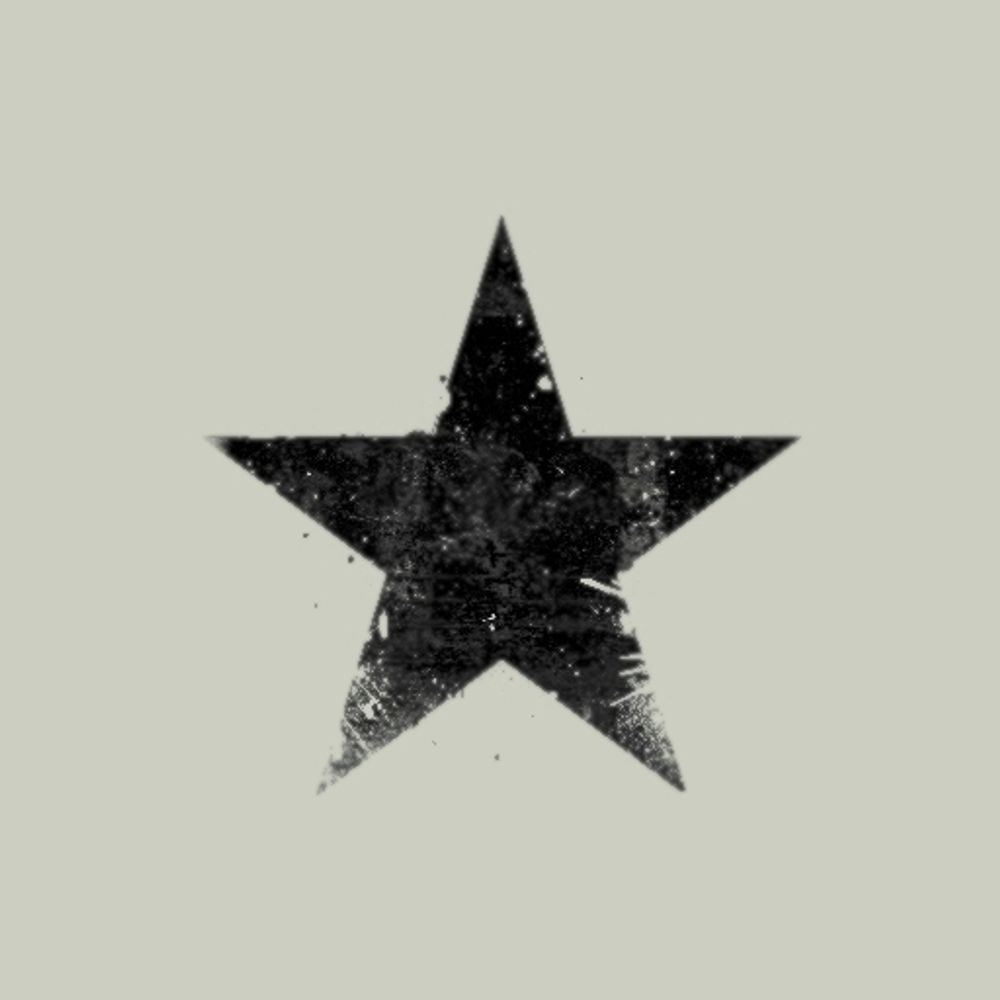a review of 现代启示录

Theatrical cut. Who was it that said there's no such a thing as an anti-war movie? Though I do disagree (I can name at least two), I'm not asking this to discredit the person, I just genuinely don't remember who it was. Apocalypse Now, though, is definitely not anti-war. It's also not pro-war. But it's definitely a 100% war movie. In fact, one could call it the war movie. I was wondering, why do war movies make us wanna be in them? Even if we disagree with the actions of the characters, we want to be placed in that environment and given the freedom to make decisions? I think there are two reasons. The first one is obvious: freedom. War represents the breakdown of societal and moral norms. In this increasingly oppressive world, we often seek escapism in the settings which provide us an opportunity to return to a more primal way of life. And this is where we transition into the second reason: facing the unknown. In our daily lives we don't often get to encounter such phenomena as death, sense of mortality, loss of loved ones, cruelty, madness. Consequently we don't get to feel the extremes of the opposite, which can be experienced in contrast to these occurrences. War is an excuse to delve deeper into your subconscious. With that in mind, what is a more essential movie than Apocalypse Now? Where the protagonist presents a person (whether knowingly or not) craving to delve into the depths of the human psyche. And the antagonist symbolizes the very transformative force that is war. In this context he represents the very end of the journey down this path, both literally and metaphorically. He is what Willard is on the path to become. This is the reason he brings up the example of a snail slithering on the edge of a razor and surviving. It is his dream and his nightmare, he says. This is why Willard directly says that he wants to confront him. Willard might not be consciously understanding why he is drawn to that man, but he knows there is an understanding there, that nobody else can give him. In the end though, transformed by the war, Kurtz is trapped. Though a ruler in his primeval realm, he is also a slave to it. This is the logical end of the path of a warrior. You get in touch with your primal self, and then you become a slave to that self. This is why he is having outbursts of anger when he cuts heads of his subordinates and impales them on spears. And he is tortured by it. The journalist admires him, calling him a "poet warrior". In many ways, this journalist can also be compared to us, the audience. He is in awe of this military "genius" and, in a sense, we are too. Meanwhile Kurtz admires those people who were able to cut the hands of the children with no empathy, despite having families of their own. Men that are moral, as he says, but are able to tap into their killer instincts when needed. That dichotomy is what he was striving towards, I suppose. But, I think, in the end all he found was that there is no such a thing a "poet warrior". There's just a tortured murderer. True art comes out of empathy. And out of art comes everything that makes us human. Did you know that chimpanzees actually possess skills to conduct pretty advanced warfare? They can't write or talk or even draw primitive cave paintings, but their killing methods are extremely efficient. It is easy to be good at murdering. The smartest military genius is still inferior to an artist.